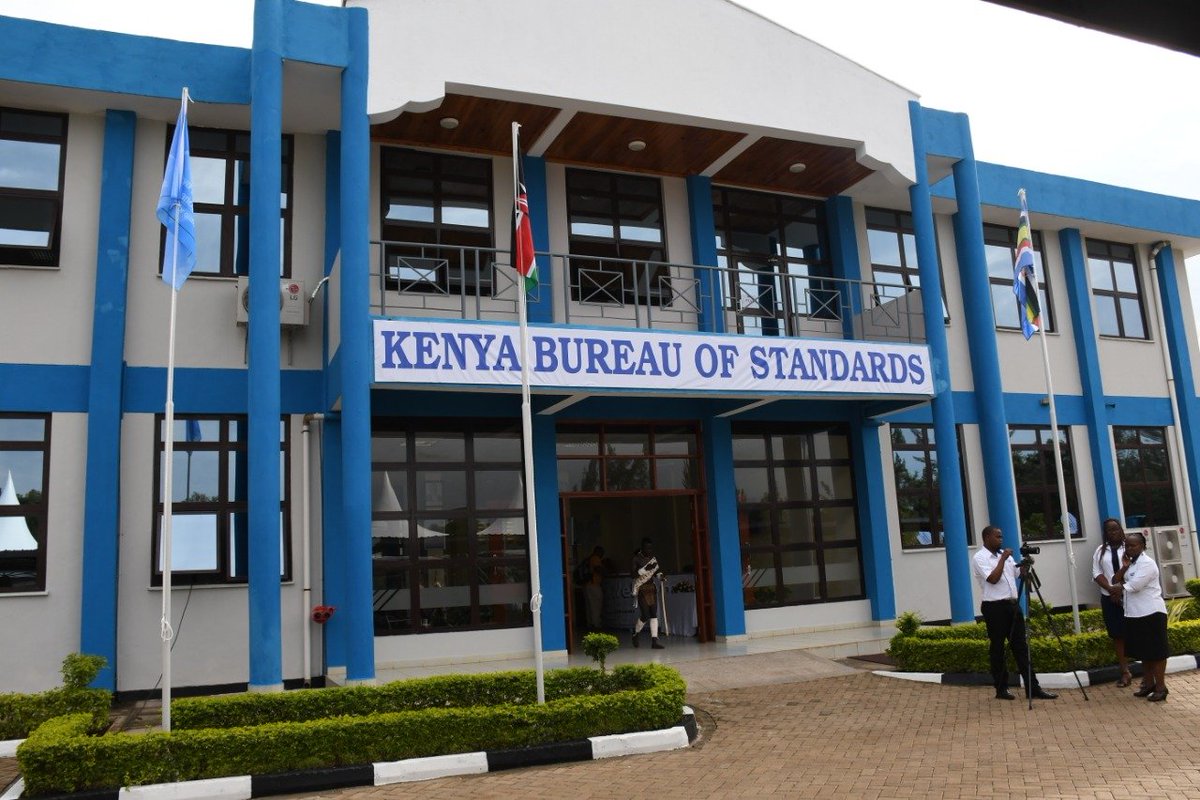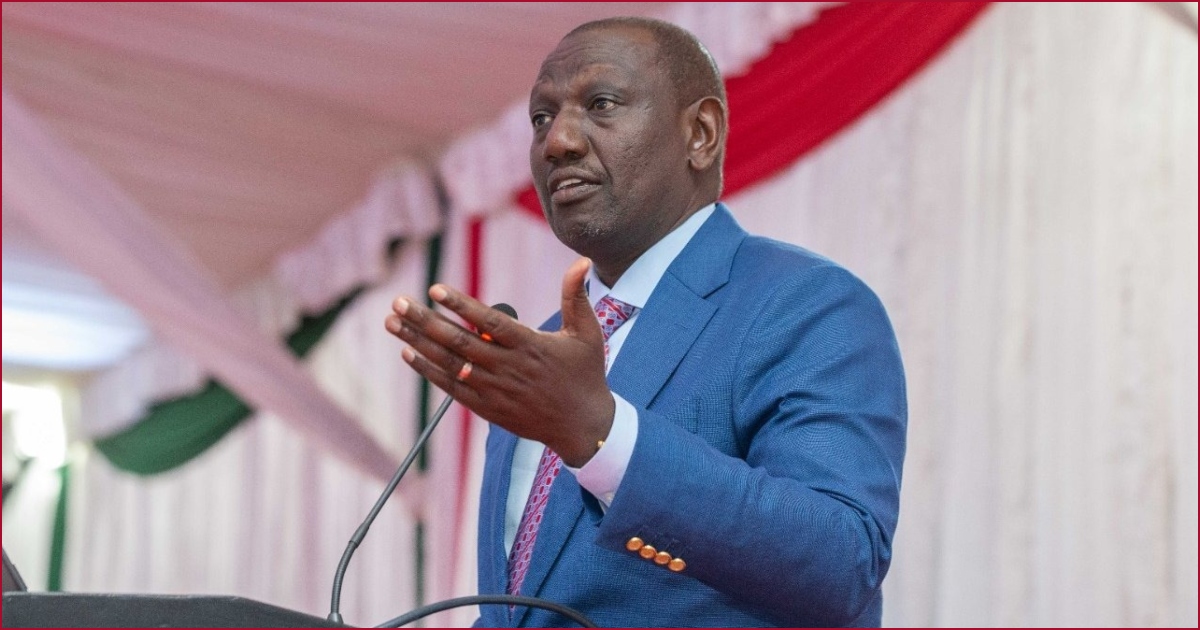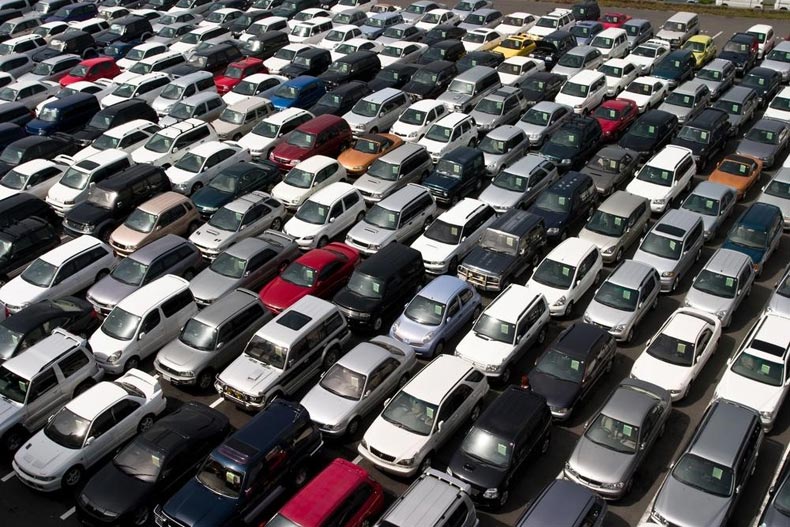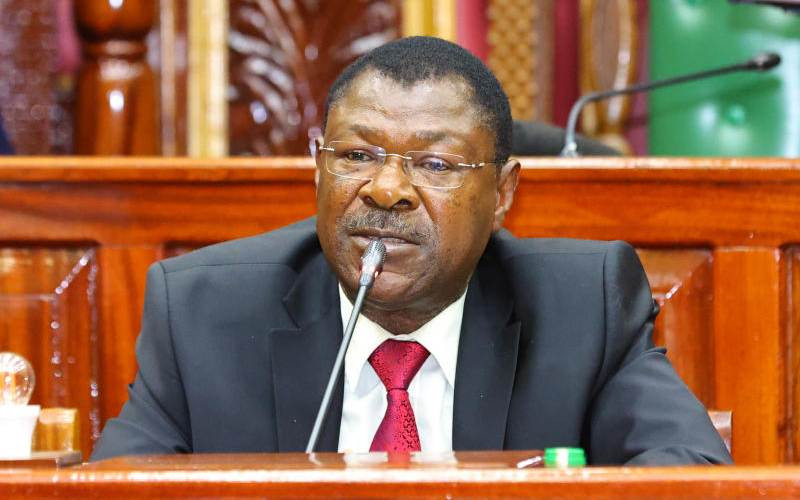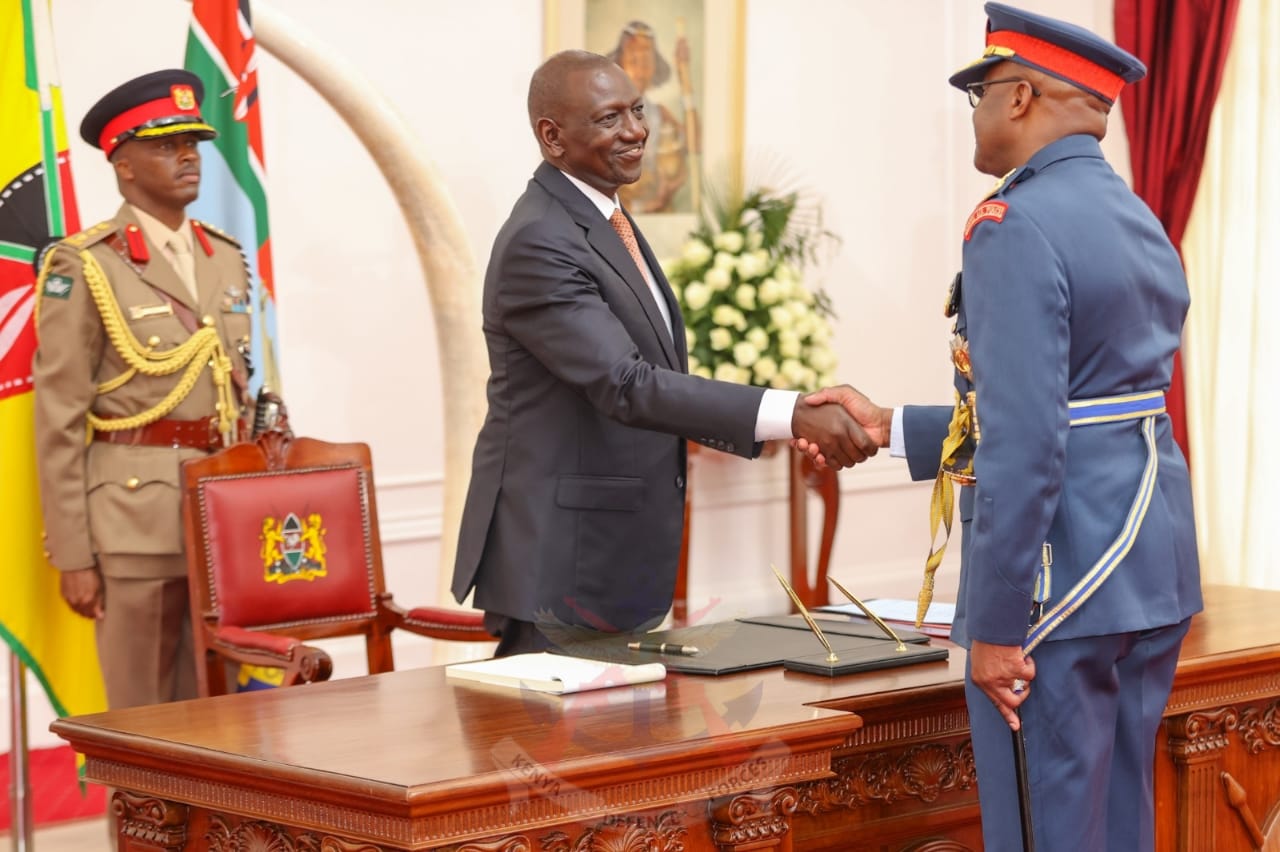Members of Parliament have demanded answers from the Kenya Power and Lighting Company concerning the high electricity rates in the country.
Garissa Town MP Aden Duale raised concerns over the high bills that have demanded more from taxpayers.
He argued that the high bills had forced Kenyans to seek alternative energy sources such as solar energy. Big companies are also looking to cut back on their enormous electricity bills by exploring other energy sources.
Duale questioned Energy Cabinet Secretary Charles Keter why KPLC was buying power expensively from individual power producers when it could buy it for cheap from state-owned KenGen.
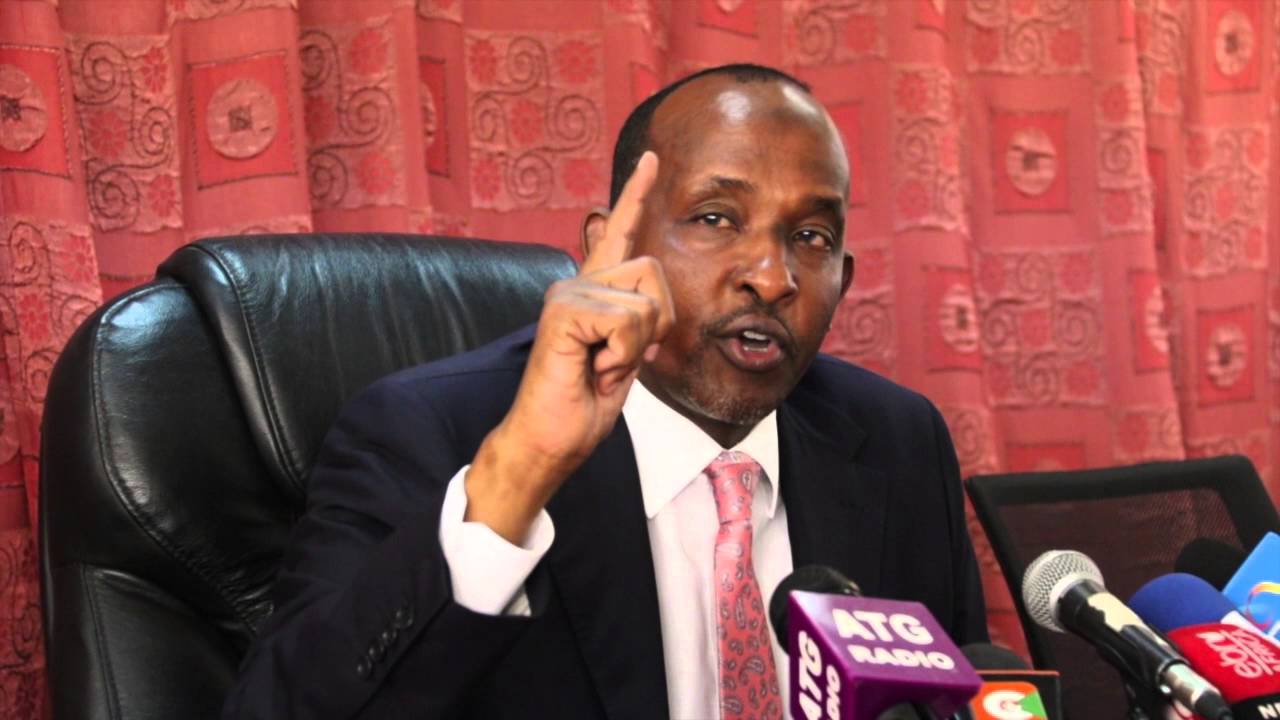
Read More
File image of Garissa Town MP Aden Duale. |Photo| Courtesy|
Through the National Assembly Department Committee on Energy, Duale asked CS Keter to reveal the rates at which it buys power from KenGen and the same for the private power producers.
He asked that the CS make public the amount spent on electricity from Independent Power Producers (IPP) and the measures he is taking to lower the cost.
"Sustainable industrialisation of any country is dependent upon regular and reliable access to sufficient and affordable sources of energy that are a critical driver of manufacturing, transport and other key sectors of the economy," Duale stated.
"However, rather than pursue the objective of supplying the Kenyan economy with affordable electricity, Kenya Power has on the contrary presided over a massively inflated power supply regime that has retrogressive effects on the already overburdened taxpayers and businesses," he added.
Duale asked that the CS give the disparity between the two rates as well as provide information on all the IPPs including their stakeholders, directors and addresses.
"Reliable data indicates that Kenya procures electricity from independent power producers at Ksh23 per kilowatt-hour yet it can easily obtain the same from KenGen at Ksh0.50 per kilowatt-hour. In this irregular arrangement, the IPPs normally purchase power from KenGen at Ksh0.50 per kilowatt-hour and before offloading it to Kenya Power at an inflated rate of Ksh23 per kilowatt-hour," Duale told parliament.
Power producers are normally on standby ready to inject electricity into the power grid whenever demand arises, but it does not arise most of the time. KPLC is in this instances forced to pay for the idle power, passing on the bills to Kenyans.
Kenyans on average pay between Ksh16 to Ksh23 per kilowatt-hour for electricity depending on their consumption.
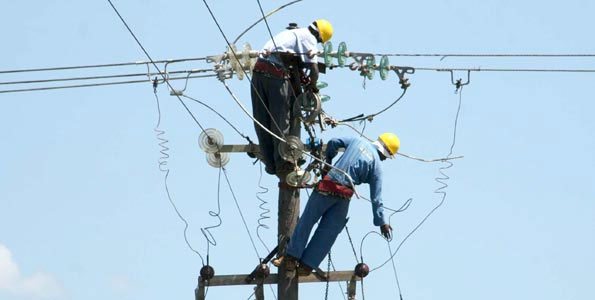
KPLC technicians repair a power line. |Photo| Courtesy|
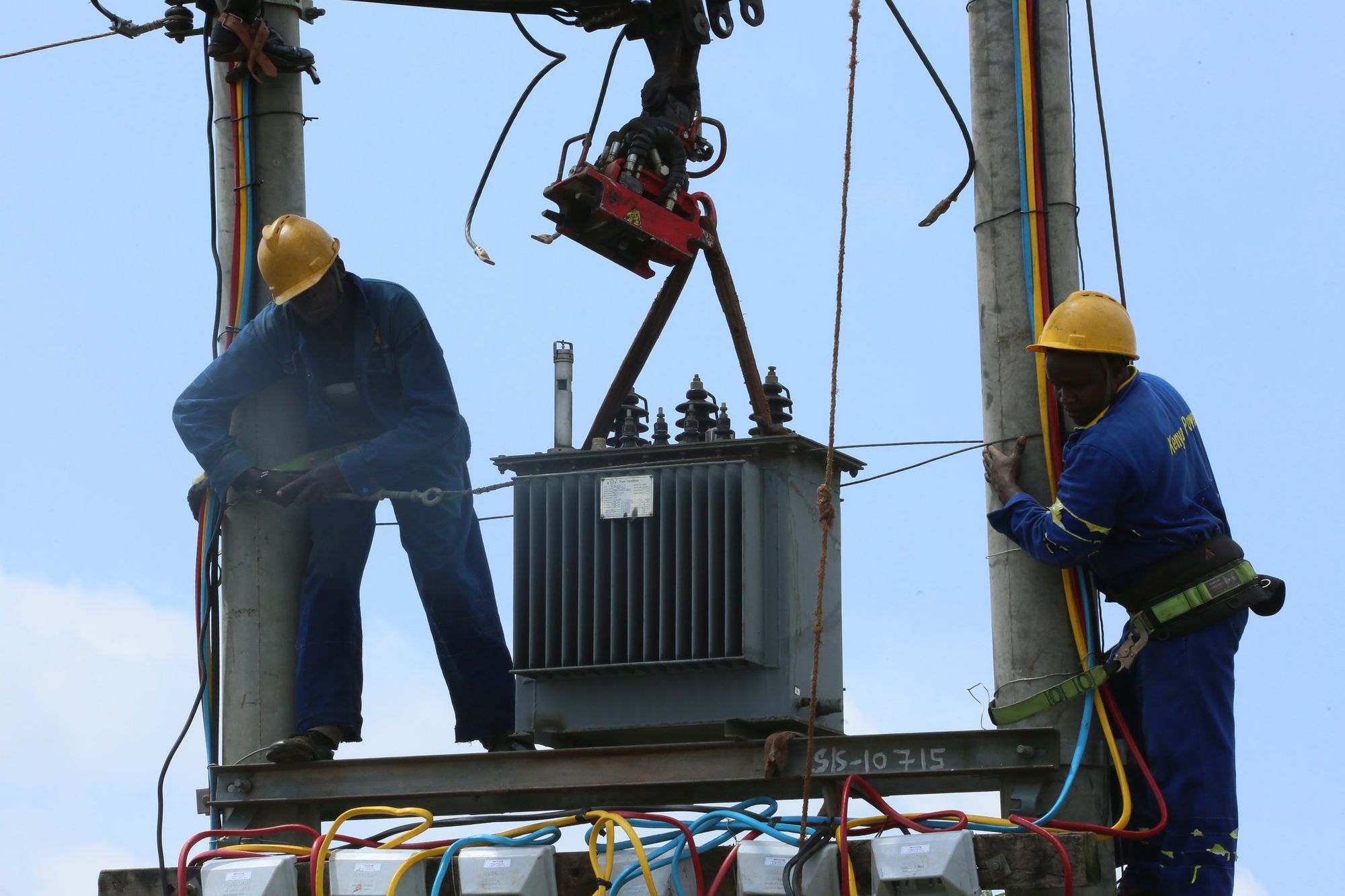
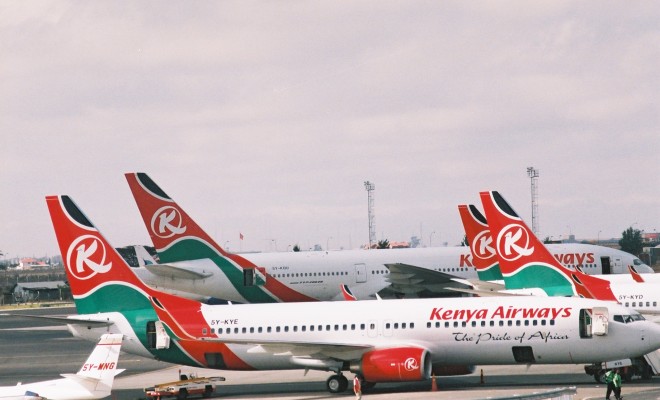
-1710390248.jpg)
